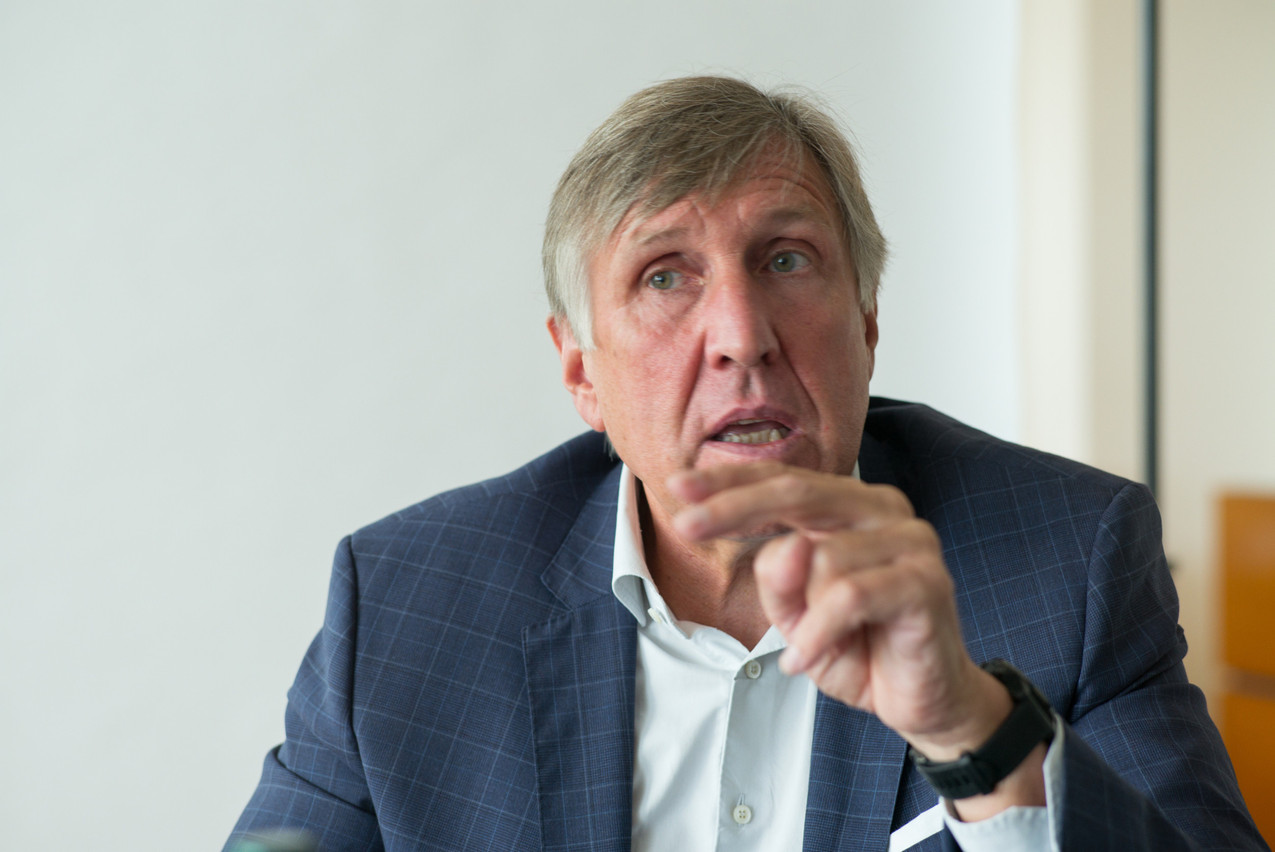The government at the end of February said it would deliver 100 anti-tank weapons, jeeps and 15 military tents to Ukraine but Luxembourg has been sending more support, Bausch (déi Gréng) said during a press conference.
The minister cited protective vests, gas masks and other items being dispatched to Ukraine, but said he would not disclose any further details. “It’s delicate,” the minister said of giving more information about both the materiel dispatched and its value. “We’re not delivering anything that’s not needed,” he said.
Luxembourg will not be claiming back the expenses from a €500m EU fund dedicated to providing military aid to Ukraine, Bausch said. The money spent will be recognised as part of Luxembourg’s defence effort, which the country is looking to bolster under Nato rules.
2% Nato pledge unrealistic
All Nato members in 2014 pledged to work towards spending 2% of GDP on defence. But Luxembourg is wide off the mark at 0.6% spending this year and plans to increase these funds to 0.72% by 2024.
Bausch said the 2% target was “neither realistic nor doable” for Luxembourg. He previously called the amount “idiotic” for a country like the grand duchy, which has an outsized GDP in comparison to its small army.
For Luxembourg to spend 2% of GDP on its military, it would have to shell out €1.7bn a year, Bausch said. This would be equivalent to a third of Belgium’s defence spending. The country has an army of 25,000 active soldiers, compared to Luxembourg’s 1,000.
The grand duchy has invested heavily in its military, raising its defence spending from 0.39% a decade ago. This included projects, such as buying an A400M military transport plane, funding for a joint European transport fleet, the acquisition of a military observation satellite, the refurbishment of military barracks in Diekirch and Nato offices in Capellen, and investments into a virtual training environment for cyber warfare.
But keeping up the investments will be the bigger challenge, Bausch said, with operational and maintenance costs for many of these projects substantially lower than their initial launch. “Luxembourg has high investments, but operational and maintenance costs aren’t high enough.”
Climate change
The defence minister said he is “radically opposed” to increasing Luxembourg’s defence budget to €1.7bn. “It’s not only unrealistic. It wouldn’t make sense,” he said on Monday. Setting up an air force or navy, for example, would entail fundamental structural changes to the country’s army, he said.
Bausch said that Nato recognises the 2% target will be difficult for Luxembourg to achieve and that the country is seen as a reliable partner.
But the grand duchy is also pushing for a broader definition of Nato’s defence criteria, which currently focus on materiel spending. Luxembourg last week announced funding for an environmental peacekeeping project in East Africa. This type of conflict prevention and climate change must feature higher on Nato’s agenda, he said. “It belongs to a proper defence policy.”
Nato will be investing more in research, Bausch said, adding that Luxembourg would want to get involved in this, for example in field of sustainable fuels. The grand duchy is seeking to establish itself as a centre of excellence on hydrogen research, with activities at the University of Luxembourg but also industry players such as Paul Wurth.
Future military investments would focus on areas Luxembourg is already active in, such as space, cybersecurity, drones or the planned joint army unit with Belgium, Bausch said. “We don’t want to kick off something new.”
